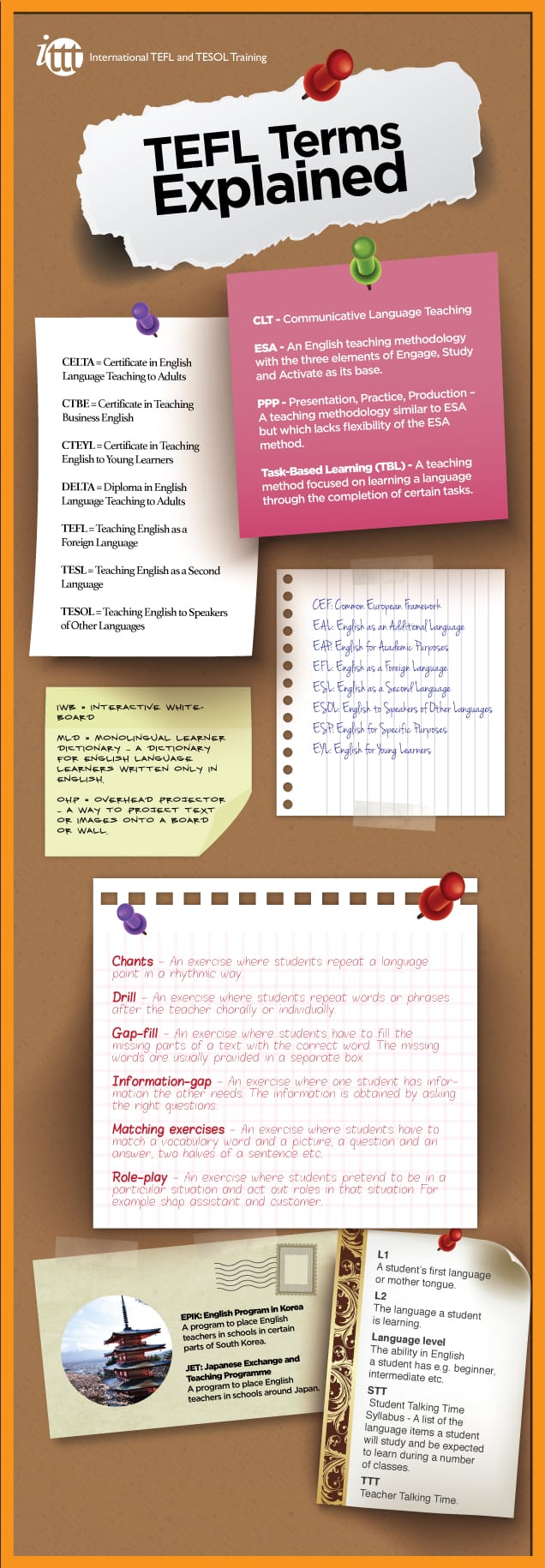What does TESOL certification mean?
Let's begin by deciphering the acronym TESOL. TESOL stands for Teaching English to Speakers of Other Languages. It pertains to scenarios where individuals who are not native English speakers are undergoing English language instruction. Strictly speaking, TESOL is used to describe situations where English is taught in an English speaking country. However, in most contexts, it is widely employed regardless of the learning environment. Furthermore, TESOL serves as the term for teacher training programs and the subsequent certification that prospective educators undertake. This certification aims to fulfill the qualification requirements established by the majority of global employers seeking English language instructors.
Table of Contents
While applying for English language teaching positions typically requires a TESOL certificate, a significant number of educators possess a TEFL certificate instead. The reality is that TESOL and TEFL certificates essentially denote the same concept, and the training courses they entail are identical. The sole distinction lies in the labeling: certain certificates carry the "TESOL" acronym, while others bear "TEFL." TEFL stands for Teaching English as a Foreign Language, a term technically used when English is instructed in an non-English speaking country. Nevertheless, in practice, TESOL and TEFL are widely used interchangeably by most individuals in the field of English language instruction.
TESOL and TEFL certification
As previously mentioned, teacher training programs for English language instruction can lead to the attainment of either a TESOL or a TEFL certificate. The choice of certificate typically hinges on your anticipated work location. In certain English-speaking countries such as Australia, Canada, and the USA, a TESOL certificate might be more appropriate. Conversely, individuals teaching abroad in non-English speaking nations may discover that a TEFL certificate is better suited. The optimal strategy involves conducting research into potential job opportunities within your preferred destinations and examining the preferences of prospective employers. Additionally, perusing the official website of the destination country's immigration department can provide insights into the qualifications stipulated for obtaining entry visas or work permits.
Importantly, even if your plans evolve and you opt for different locations down the line, there is no cause for concern. Both TESOL and TEFL certificates hold equal validity, irrespective of your teaching location worldwide.




